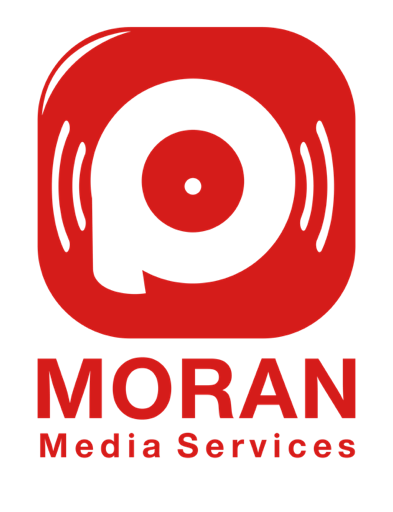Startups and Business Ideas
Startups are often able to change industries, be it with a niche product or service, a fresh approach to an established industry or a unique solution to the issue. Successful startups are those that address issues and satisfy unmet needs for their markets. They tend to evolve to meet the needs of consumers.
The initial few years are crucial for a startup. At this point it is common for businesses to seek out capital and come up with an extensive plan for expansion in the future. These plans could contain a list of goals, objectives educational resources and strategies for the company to achieve its desired revenue and profitability goals.
Many entrepreneurs are able to turn to venture capitalists, angel investors, or family members for seed money which they use to fund their startups. These funds let startups invest in marketing, development and equipment while reducing their expenses in cash.
The idea of launching a business that sells hand-crafted goods is among the most effective business ideas for artists and entrepreneurs. Demand for high-end, unique goods is growing and gives artists the chance to be their own boss.
People are increasingly looking for eco-friendly beauty and wellness products as they become more aware of the impact they have on the environment. Natural products startups offer entrepreneurs the chance to develop safe and eco-friendly products.
